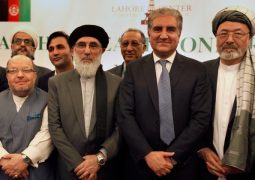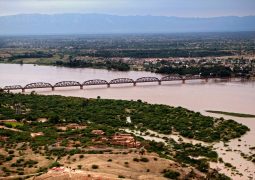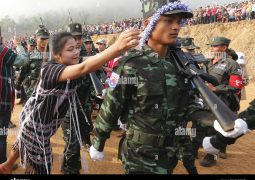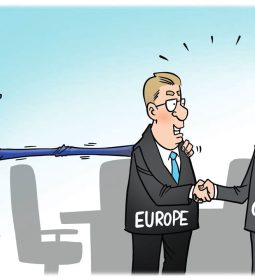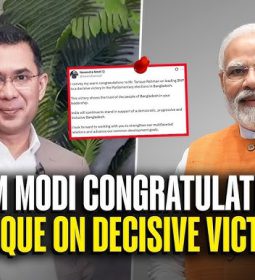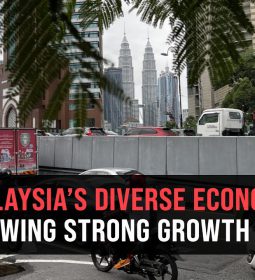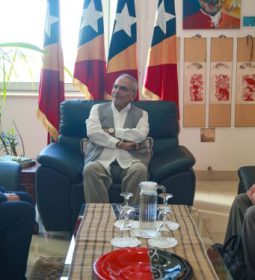South Korean President Park Geun-hye’s Ouster to Trigger Shift on U.S. Policy
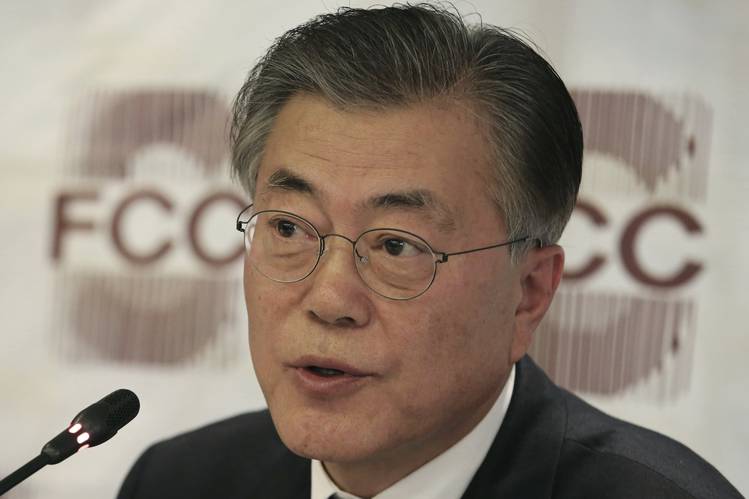
SEOUL—The ouster of South Korea’s president on Friday triggers an election within the next 60 days that polls show will install a leader more skeptical of U.S. foreign-policy objectives in Northeast Asia.
Park Geun-hye, the conservative president removed by South Korea’s Constitutional Court on Friday, was a reliable U.S. partner, pushing Washington’s hard-line approach to North Korea that aims to pressure Pyongyang’s leadership over its missile and nuclear programs.
South Korea this week received the first components of a controversial U.S. missile-defense system that is meant to deter North Korea’s missile threat.
Moon Jae-in, the leading candidate to succeed Ms. Park, has questioned the missile-defense system and championed policies that would bring South Korea closer to China and encourage more dialogue with the rival Korean regime in Pyongyang. The presidential hopefuls behind him, who like Mr. Moon are on the left side of the political spectrum, have similarly accommodating views on those relations.
The court’s unanimous decision made Ms. Park the first South Korean leader to be removed from office by impeachment. The verdict brought tens of thousands of people into the streets of Seoul to rally for and against it. At least two people were killed during the protests. Ms. Park’s ouster also brought an end to a dramatic political-corruption scandal that has gripped the nation for half a year.
U.S. and Asian officials said Ms. Park’s removal introduces new uncertainty to Northeast Asia at a time of heightened concerns in Washington about North Korea and China.
Secretary of State Rex Tillerson will travel to Seoul next Friday as part of a three-city swing through Asia. His trip starts Wednesday in Tokyo and he will go to Beijing after visiting South Korea.
The Trump administration is planning to deploy the Terminal High-Altitude Area Defense system, or Thaad, in South Korea and attempt to significantly increase financial pressure on Pyongyang.
Current and former U.S. officials said it was uncertain whether South Korea’s political transition will affect the timing of the missile system’s deployment. Some said the next South Korean president could seek to woo Pyongyang through economic inducements and joint-business projects.
U.S. officials in recent days have accepted the transfer of a parcel of land needed for the installation of the system and have begun shipping components to South Korea.
These officials said there could be parallels to the George W. Bush administration’s relationship with South Korea in the early 2000s. Tensions spiked between Washington and Seoul at that time, due to differing views on whether to directly engage Pyongyang.
“There’s likely to be a more left-leaning government in Seoul, which won’t see eye-to-eye with the Trump administration,” said Victor Cha, a Korea expert at Georgetown University who served in Mr. Bush’s White House.
Any new leadership stance Ms. Park’s successor takes that directly engages Pyongyang stands to put South Korea at odds with a growing consensus in the international community to punish North Korea for its recent behavior.
The United Nations Security Council imposed two rounds of sanctions on North Korea last year following nuclear tests. In recent days, Malaysia, which has long enjoyed friendly ties with North Korea, expelled North Korea’s ambassador and banned North Korean nationals from leaving. That was part of a diplomatic row following the murder of North Korean leader Kim Jong Un’s half brother at Kuala Lumpur International Airport last month.
Even China, North Korea’s closest ally, has said it would suspend coal imports from North Korea until the end of the year, potentially depriving Pyongyang of a key source of income.
The Trump administration is in the midst of a policy review on North Korea. Among the many options it is considering is military force or regime change to confronting dictator Kim Jong Un on the country’s nuclear and missile programs, according to people familiar with the matter.
Mr. Moon turned heads this year when he said in an interview that he would consider visiting Pyongyang before he visited Washington, though he has since said those remarks were taken out of context.

One of the biggest potential shifts is over Mr. Moon’s view of the Thaad system that Ms. Park supported to deter any North Korean attacks. China is vehemently opposed to the array, saying it threatens its own security.
Mr. Moon, who narrowly lost the 2012 presidential election to Ms. Park, has called for caution in deploying Thaad, saying Ms. Park didn’t consult the public sufficiently before deciding to implement the missile system.
Mr. Moon’s policy advisers have also signaled to Korea experts at think tanks in Washington that he isn’t likely to push back hard against the U.S. missile defense system, according to people familiar with the matter.
Mr. Moon has called for reopening the Kaesong Industrial Complex, a joint inter-Korean industrial park that matched South Korean capital with North Korean labor in a contained facility just north of the demilitarized zone dividing the peninsula. The complex, a symbol of inter-Korean cooperation, was shut by Ms. Park in February 2016 after a nuclear test and missile launch by the North.
Mr. Moon, whose parents were rescued from North Korea in a dramatic U.S. evacuation during the Korean War, rose to prominence as the chief of staff to former South Korean President Roh Moo-hyun, whose 2004 impeachment was overturned by the Constitutional Court.
During the 2012 presidential election, Mr. Moon laid out an ambitious plan for inter-Korean economic cooperation, saying it would “create endless opportunities.” He also pledged to hold a summit meeting with the North Korean leader, adding: “I will wipe the tears of our separated families and the pain and torment caused by the division.”
But in 2017, Mr. Moon could face the same constraints that his former boss faced in trying to smooth relations with Pyongyang, said Kevin Gray, an expert on inter-Korean relations at the University of Sussex in the U.K.
Mr. Roh’s plans for engagement with North Korea bumped up against the hard-line approach of Mr. Bush.
In recent weeks, Mr. Moon has held steady atop South Korean polls at around 30% support; his next-closest contender, Ahn Hee-jung, governor of one of South Korea’s provinces, has 10% support, according to the most recent weekly poll of 1,000 respondents by Gallup Korea, released Friday.
Mr. Ahn, who shares many of Mr. Moon’s positions, will square off against Mr. Moon in a primary before the presidential election in early May.
Meantime, candidates closely aligned with Ms. Park have floundered. Without a strong candidate, some conservatives have rallied around the acting president, Hwang Kyo-ahn. But to run he would have to resign and turn the country’s management over to the finance minister, who would become the acting prime minister and the acting president.
—Jay Solomon contributed to this article.
- Previous Scandal in Korea: Botox, and a Horse Called Vladimir
- Next BN leaders slam opposition for spreading lies, inciting hatred against gov’t






